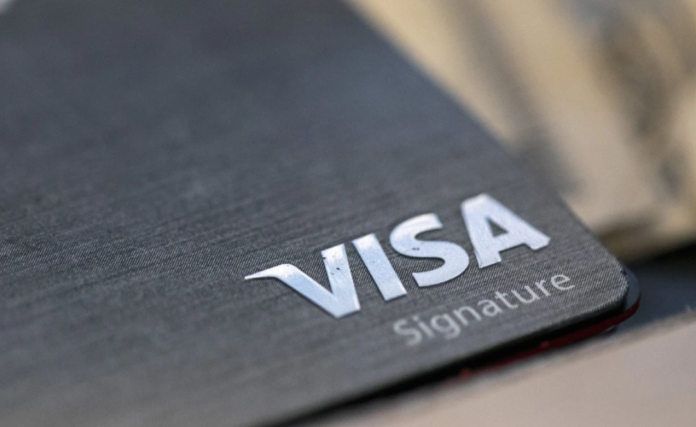Visa Inc. is adding three new AI-powered fraud-prevention tools to its suite of products for business clients as the credit-card giant uses the technology to improve security, according to Bloomberg.
Among the tools available to clients starting in the first half of the year, will be one that expands on Visa’s current artificial-intelligence technology that helps detect and block fraud in digital transactions where no credit card is present.
Another will be for use in real-time account-to-account payments, Visa said in a statement on Wednesday. The San Francisco-based company also plans to open its existing Visa Advanced Authorization and Visa Risk Manager products for payments that don’t use Visa cards.
“This focus on driving bad actors out of the ecosystem is really important,” Antony Cahill, Visa’s global head of value-added services, said in an interview, Bloomberg reports.
Visa said it helped block $40 billion in fraudulent activity last year, nearly double the total in the previous 12 months. In October, the firm unveiled a $100 million plan to invest in companies focused on generative AI, targeting ventures with the potential to shape how commerce is conducted in the future.
The firm isn’t alone in using AI to aid fraud-detection efforts and cut costs. Rival Mastercard Inc. is selling an AI-powered risk-detection tool to help banks more effectively spot if their customers are trying to send money to fraudsters, and Paypal Holdings Inc. said in January that its Venmo product will use AI to provide consumers a more personalized online-shopping experience.
Payments processing giant Visa Inc. posted an 18% rise in its fiscal fourth-quarter profits Tuesday, as the company continues to benefit from the growing use of credit and debit cards globally, according to AP News.
Since the COVID-19 pandemic, Visa has benefitted from a fundamental change in consumer behavior that has led to the broad acceptance of digital payments in places where traditionally cash was king, as well as from the growth in online shopping. The acceptance of digital payments goes straight to the bottom line of Visa and its competitor Mastercard, which take a fee from every transaction that is run on their networks.


